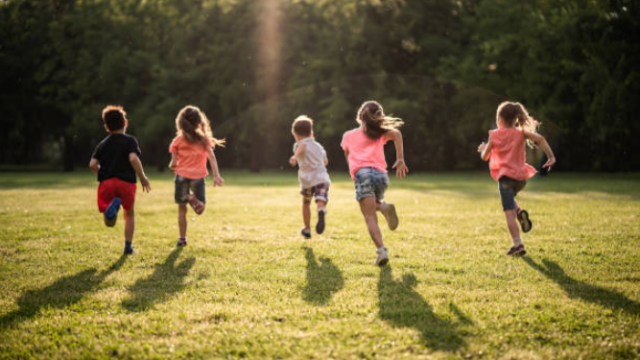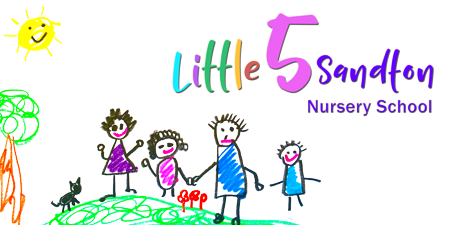Unstructured play is vital for kids; Stop entertaining them
It was free and unplanned and spontaneous and, more often than not, something that took place outside. My 18-month younger sister and me; – along with all our friends on the street – climbed trees and rode bikes and had snowball fights. We put up tents in the garden, had picnics behind my great grandfathers barn; fought, made up, invented new games and, really, just played like children in a non-tech-obsessed world.
These days, play has become a lot more structured. As parents, we organise play dates, fill timetables with activities and classes and even, in the spirit of helicopter parenting, tend to interfere when our children play with other children, breaking up disagreements, meddling – not letting them figure things out for themselves and moving on.
However, more and more experts are pointing out that free, unstructured play is extremely important to children. And that, as parents, we need to get better at facilitating it.
In fact, free play, play that is devoid of parental interruption and rules, is critically important for the development of children’s bodies and brains in so many ways:
1. It changes brain structure
Sergio Pellis, Ph.D., an expert on the neuroscience of play recently noted that play actually changes the structure of the developing brain, strengthening the connections of the neurons (nerve cells) in the prefrontal cortex, the area of the brain considered to be the executive control centre responsible for solving problems, making plans and regulating emotions.
Because unstructured play involves trying out different strategies without particular goals or serious consequences; children get to practice different activities during play and see what happens.
2. It activates the entire neocortex
Jaak Panksepp, Ph.D., a Professor at the University of Washington found that even a half hour of play affected the activity of many different areas of the brain, and, in a study on rats, activated the outer part of the brains known as the neocortex, also known as the area used in higher functions such as thinking, language and spatial reasoning.
3. It teaches children to have positive interaction with others
Previously, experts thought play, to animals, was simply practice so that they could become more effective hunters. However, Dr. Panksepp’s study of play in rats led him to the conclusion that play served an entirely different function:
it teaches young animals how to interact with others in positive ways. In fact, he believed that play helps build pro-social brains.
4. Children who play often do better in school
The social skills acquired through play may help children become better students, studies have found. In fact, research has found that the best predictor of academic performance in the eighth grade was a child’s social skills in the third grade. Interestingly, Dr. Pellis noted that “countries where they actually have more recess tend to have higher academic performance than countries where recess is less.”
5. It gets kids moving
In a world where we are all getting less and less physical activity; unstructured play often involves moving the whole body around.
Physical activity helps children maintain a healthy weight and combats the development of Type 2 diabetes by increasing the body’s sensitivity to the hormone insulin.



Trine Jensen-Burke
AuthorTrine Jensen-Burke
Original Article